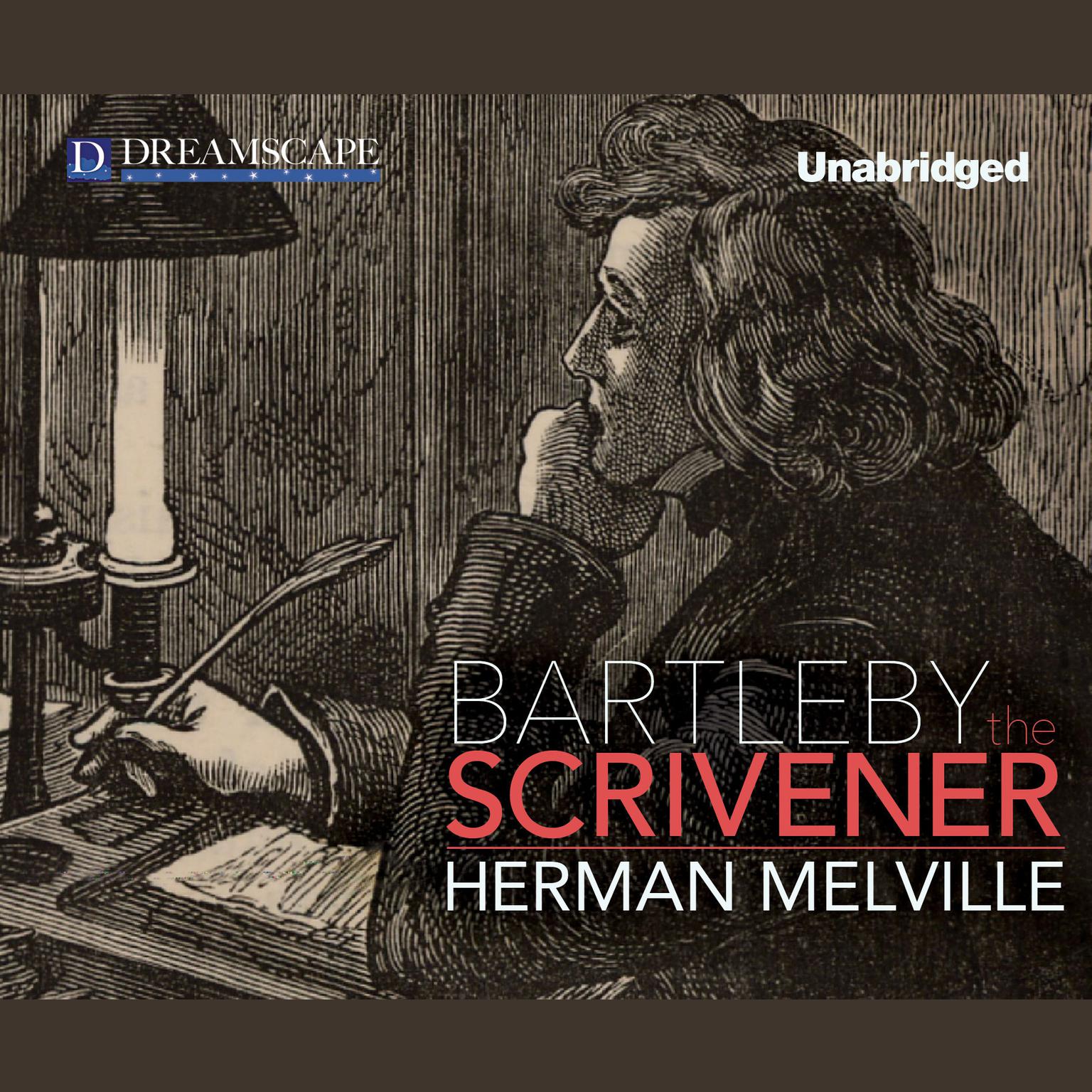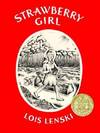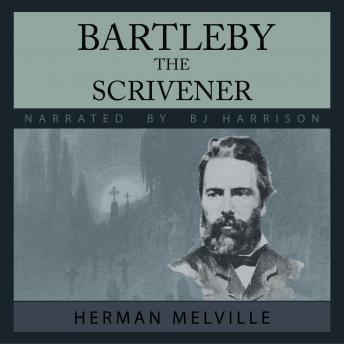
For each quote, you can also see the other characters and themes related to it (each theme is indicated by its own dot and icon, like this one: ). Bartleby, the Scrivener: A Story of Wall Street is a short story by the American writer Herman Melville, first serialized anonymously in two parts in the. What my own astonished eyes saw of Bartleby, that is all I know of him, except, indeed, one vague report which will appear in the sequel. The Bartleby, the Scrivener quotes below all refer to the symbol of Dead Letters. Bartleby was one of those beings of whom nothing is ascertainable, except from the original sources, and in his case those are very small.
#BARTLEBY THE SCRIVENER FULL#
I believe that no materials exist for a full and satisfactory biography of this man. While of other law-copyists I might write the complete life, of Bartleby nothing of that sort can be done.

But I waive the biographies of all other scriveners for a few passages in the life of Bartleby, who was a scrivener of the strangest I ever saw or heard of. Some critics view Bartleby as a precursor to absurdist literature like Franz Kafka’s The Metamorphosis, highlighting the incredibly. I have known very many of them, professionally and privately, and if I pleased, could relate divers histories, at which good-natured gentlemen might smile, and sentimental souls might weep. Herman Melville’s short story Bartleby, the Scrivener was published anonymously in 1853 to little recognition. The nature of my avocations for the last thirty years has brought me into more than ordinary contact with what would seem an interesting and somewhat singular set of men, of whom as yet nothing that I know of has ever been written: -I mean the law-copyists or scriveners. However, this inspiration from other authors could have depressed Melville, who was not nearly as successful.I am a rather elderly man. The narrator describes them as “most valuable” and “accomplishing a great deal”(1133). His other employees, Turkey, Nippers, and Ginger Nut, were similar to other writers who inspired Melville, such as Nathaniel Hawthorne. He probably wished that his writing would be more popular among the readers, although he professed his own demise with Bartleby’s atrophy. In this respect, the narrator also represents Melville’s literary critics.īehind the relationship between Melville, the narrator, and Bartleby, one can also see the relationship between the narrator and an ideal audience that Melville would have wanted. This transformation had many impacts, but one of them was. On the contrary, the narrator also scorns Bartleby’s persistence after he stops copying: “In plain fact, he had now become a millstone to me…”(1149). Bartleby, the Scrivener is set during a time when Wall Street was becoming ever more important as a financial hub of American society, a society that was itself being transformed by the increasing importance of capital and finance in an industrializing world. He attempts, and is somewhat successful, in getting readers to feel sympathy for Bartleby, therefore, sympathy for him. Melville uses the narrator to view his own situation from a 3rd person perspective. The narrator also resembles Melville, but in a different way. His disappointment was only to increase as his career diminished until his death which was hardly noticed in the literary community. Melville had reached the prime of his popularity early in his career, so when he published Moby Dick, his career was already in decline.

When Bartleby is in prison, he wastes away without abruptly dying, degeneration until the point no one notices his absence. Melville probably felt this way, but needed to continue writing to support his family.

In addition, Bartleby seemed to feel that continuing copying was worthless, possibly from spending many years in a dead letter office. This self pity could have been continued in “Bartleby, the Scrivener”. After the general failure of Moby Dick, at least in Melville’s time, he immediately wrote Pierre, which was a deeply personal novel. We understand towards the narrator’s reasoning for keeping Bartleby and for the sympathy he shows for Bartleby. The Project Gutenberg eBook of Bartleby, The Scrivener, by Herman Melville.

The main character in the story can either be Bartleby or the narrator, but Melville partially embodies both of them. Many of the characters in the story and images created allude to Melville’s writing career, which was generally deemed a failure. Herman Melville’s “Bartleby, the Scrivener” is often considered such a story. It is not rare, sometimes it is even common, that an author speaks about his or her self in their works.


 0 kommentar(er)
0 kommentar(er)
